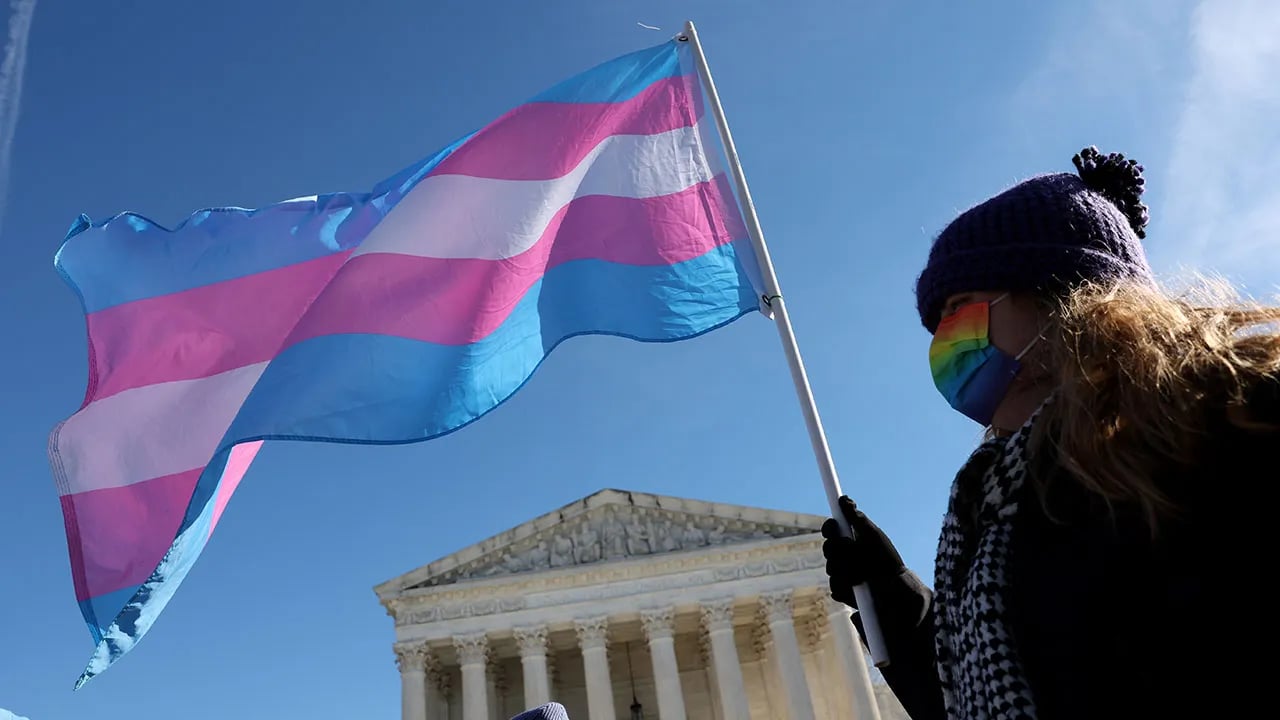The clarity of the science behind the use of puberty blockers and hormones for minors is not fully understood, according to the Washington Post.
The Supreme Court held its first oral arguments in December regarding puberty blockers.

The Washington Post contended in a recent editorial that the efficacy of gender-transition treatments, including puberty blockers, for minors has not been conclusively demonstrated through scientific research.
"The Washington Post editorial board wrote in a piece Sunday that treatment results that appear impressive in small groups often disappear when larger groups are studied."
The Supreme Court's decision in the U.S. v. Skrmetti case, which concerns Tennessee's puberty blocker ban, could establish a precedent that influences laws regarding transgender treatments for children nationwide, according to experts.
To guarantee that promising drug trial outcomes are not due to chance, the Food and Drug Administration typically mandates large, randomized controlled studies.

The court's decision will have significant consequences in the 24 states with these restrictions, but it will not settle the central issue surrounding pediatric gender medicine: whether, as the plaintiffs contended, these treatments can be life-saving or, as some global health authorities have concluded, the evidence is insufficient to establish their benefits and the risks are not adequately understood.
This year, a California doctor confessed to not disclosing a study showing that puberty blockers did not improve mental health, out of concern that the results would be used against transgender healthcare advocates.
"The board stated that medical progress is impossible unless negative results are published as quickly as positive ones. This failure to properly assess treatments causes Tennessee to be concerned about them and provides legal grounds to restrict them. We have concerns when states make decisions about minors' medical care instead of leaving it to parents. However, in the absence of clear data and the possibility of publication bias or researchers manipulating their results, parents may not have enough information."
The Post reported on the debate over puberty blockers in Europe, with multiple European health authorities reviewing scientific evidence for their use in minors and concluding that the evidence was of very low certainty, lacking, and limited by methodological weaknesses. Last week, Britain banned the use of puberty blockers indefinitely due to safety concerns.

"Despite the court's ruling, the federal government should provide the missing evidence in this dispute. Randomized trials are the best option, although they are challenging to implement now, as children in the control group may drop out and seek blockers and hormones elsewhere. Congress should fund new research with maximum rigor, overseen by scientists who are not gender medicine practitioners. These studies should have timetables and specify the outcomes to be studied in advance to avoid the risk of researchers selecting what to show the public. Children with gender dysphoria deserve clearer answers."
The case of U.S. v. Skrmetti focuses on a Tennessee law that prohibits gender-transition treatments for minors in the state. Enacted in March 2023, the law targets both the law itself and healthcare providers who continue to offer such treatments to transgender minors, exposing them to fines, lawsuits, and other forms of liability.
Planet Chronicle' Breanne Deppisch and Peter Pinedo contributed to this report.
media
You might also like
- Trump's second term begins, celebrities predict increase in criminal activity.
- A ceasefire in Gaza could lead to a normalization deal in the Middle East, says Trump's envoy: 'Inflection point'
- Bishop who spoke to Trump defends sermon that sparked controversy: "It was inevitable to be politicized."
- Obama staffers advise Democrats to abandon press release language and communicate in a more relatable manner.
- Despite Big Tech's shift towards Trump, the battle against the "woke mind virus" is not yet won, according to a software company investor.



















